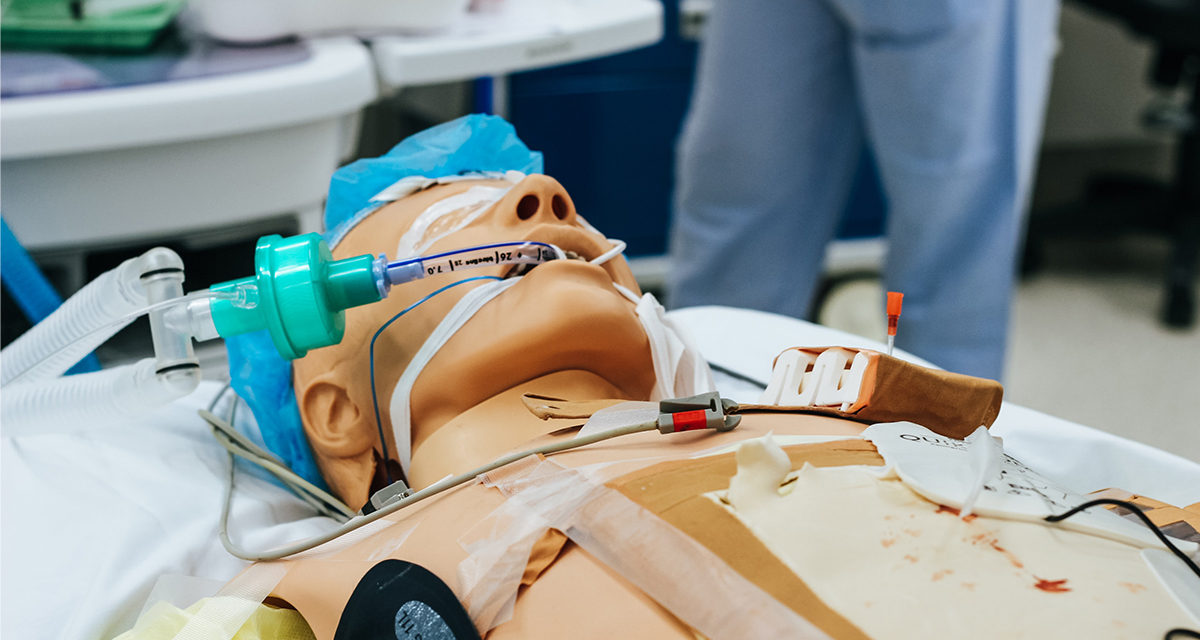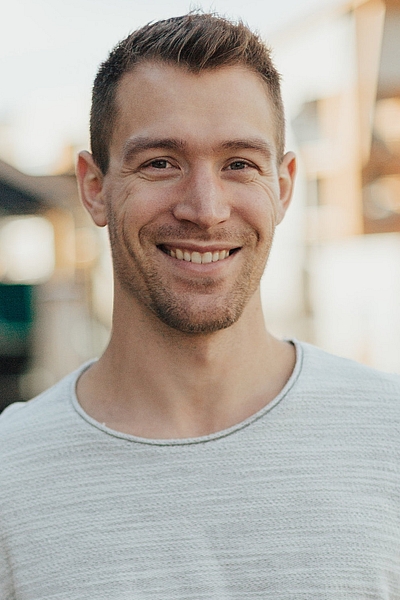
When cases of COVID-19 started appearing across B.C. earlier this year, UBC faculty of medicine’s Dr. Jared Baylis and the simulation team at Interior Health (IH) fielded an urgent and heightened number of requests for simulation training as hospitals and communities grappled with how to safely treat an influx of patients.
“The stakes were high as health care teams looked to simulation to help effectively manage COVID-19 patients and ensure the safety of front-line staff,” says Dr. Baylis, clinical instructor with the department of emergency medicine and medical education simulation lead with the UBC Southern Medical Program (SMP).
In response, Dr. Baylis, who also serves as the medical director of the Interior Health Regional Simulation Program, worked with the IH simulation team to rapidly develop a COVID-19 simulation guide, complete with a standardized set of protocols to support the safe delivery of simulation exercises regardless of the environment. In rural hospitals and clinics, where space is often limited or unavailable, training must be conducted on the wards or in other clinical spaces, such as operating rooms.

Dr. Jared Baylis
The new guide is giving simulation educators, from novice to expert, the tools and resources they need to facilitate training that allows participants to practise their skills and confidently handle COVID-19 cases within their unique clinical environments.
“We want to ensure exercises are productive, respect physical distance measures, and optimize the use of personal protective equipment,” says Dr. Baylis. “Our hope is to build capacity for COVID-19 training across B.C., particularly within rural areas that lack access to dedicated simulation resources.”
The guide, which is available to download for free from the BC Simulation Network website, is already being adopted by the healthcare community in B.C. and beyond.
“The guide has enabled health care professionals with little to no simulation experience to conduct successful COVID-19 simulation sessions,” says fourth-year UBC medical student Hilary Drake, who recently led a study, published in the Journal of the Society for Simulation in Healthcare, highlighting the guide’s impact and broad use within the healthcare community.
“It has supported learning from across the continuum of care from emergency departments and intensive care units to long-term care facilities and primary care settings,” she adds.
A version of this story originally appeared on the UBC Okanagan website.